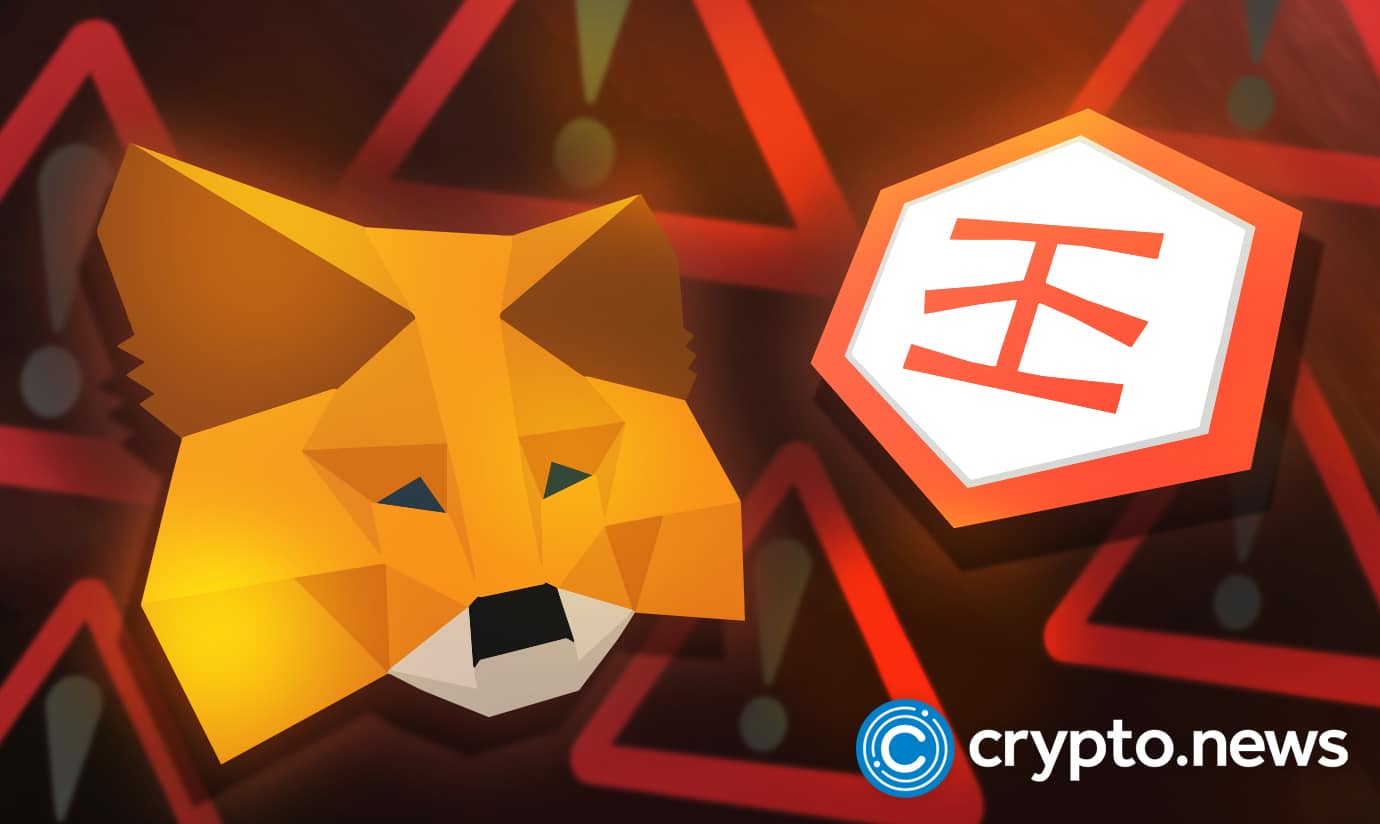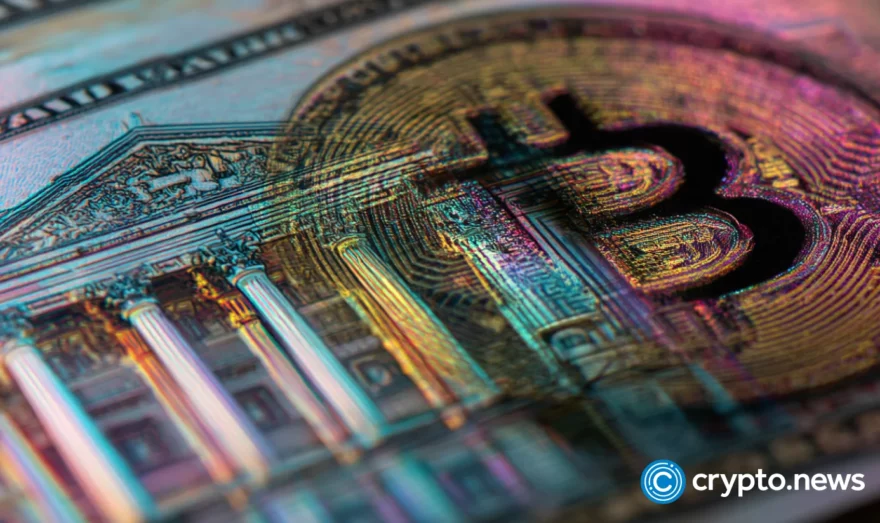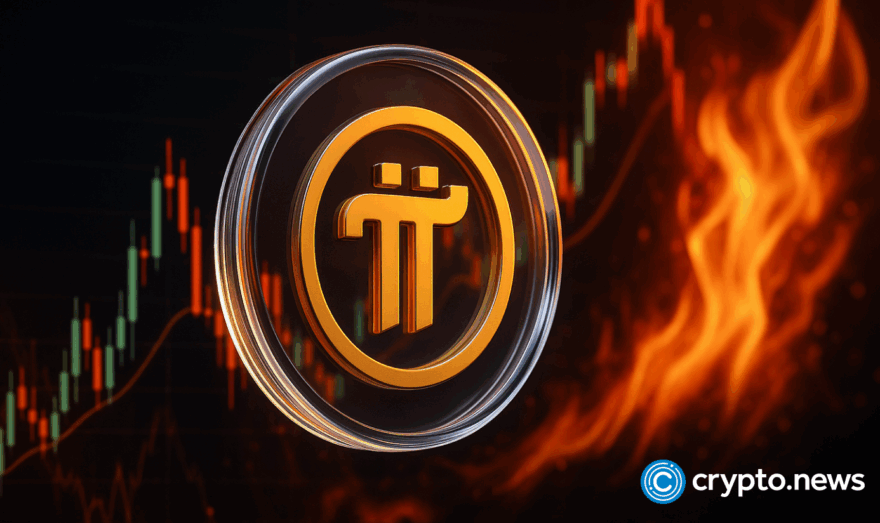ConsenSys’ Infura, MetaMask Rectify Erroneous Blockade of Venezuelan Users

Infura and MetaMask have rectified the blanket ban it erroneously placed on Venezuelan users in an attempt to function in compliance with the United States sanctions program amidst the raging Russia-Ukraine war.
Infura, MetaMask Rectify Mistake
As the Russian-Ukraine crisis rages on, with swathes of serious international sanctions now wreaking significant havoc on the Kremlin economy, lawmakers in the U.S. and other jurisdictions have intensified efforts to put measures in place that would make it impossible for Russian Oligarchs to use bitcoin (BTC) and other cryptocurrencies to evade sanctions.
In a bid to continue to operate in compliance with the United States sanctions program, ConsenSys’ Infura and MetaMask, updated their list of banned jurisdictions amidst the Russian-Ukraine crisis.
“MetaMask and Infura are unavailable in certain jurisdictions due to legal compliance,” declared the team in a joint blog post on March 3, 2022. “Users from those areas would get an error message.”
The post was later updated to explain that:
“By default, MetaMask accesses the blockchain via Infura, which is unavailable in certain jurisdictions due to legal compliance.”
Wrong Configurations
It’s worth noting that jurisdictions such as Iran, North Korea, Cuba, Syria, and the Crimea, Donetsk, and Luhansk regions of Ukraine have since been barred from accessing MetaMask wallets. However, a wrong configuration by the team erroneously added Venezuela to the list of blacklisted regions, thereby making MetaMask inaccessible to residents.
The Infura team took to their Twitter handle to shed more light on the situation and apologize to affected users.
Infura tweeted:
“We mistakenly configured the settings more broadly than they needed to be. This was our oversight, and we are grateful that it was pointed out to us. Once we determined what happened, we were able to fix the problem, and service has been restored. We sincerely apologize for the interruption to those inadvertently impacted regions.”
Despite the apologies, the costly mistake triggered serious criticisms on crypto Twitter as expected, with some accusing MetaMask of being a centralized platform no different from regular crypto exchanges.
“If MetaMask /Infura is open and willing to block countries like Venezuela by IP addresses, it’s only a matter of time until they are forced by regulators to censor individual people’s IP addresses. We need alternatives immediately, hoping that Alchemy and others don’t do this,” lamented @lawmaster.
“Stuck between a rock and a hard place@infura_io? Centralized means you have to make these types of decisions. Rightly or wrongly is irrelevant. The decentralized protocol doesn’t have these types of decisions to make. The people will simply flock to decentralization @POKTnetwork,” tweeted @Hodl_profiteer.
Notably, Kieran Daniels, CEO of SmartDeFi has made it clear to Coindesk that MetaMask remains a decentralized wallet despite the recent happenings, as users can easily set their own endpoints (aside from Infura) from the app settings.
In related news, as reported by crypto.news on March 4, 2022, OpenSea, one of the largest non-fungible tokens (NFTs) marketplace, has now blocked Iran-based users from accessing the platform, leaving many innocent users from the region helpless.
While it’s a good thing to make it harder for rogue actors such as terrorists and money launderers to access crypto-related services, it is also very crucial for service providers to put in place sophisticated systems that punish only the bad actors and not everyone in an entire jurisdiction.













